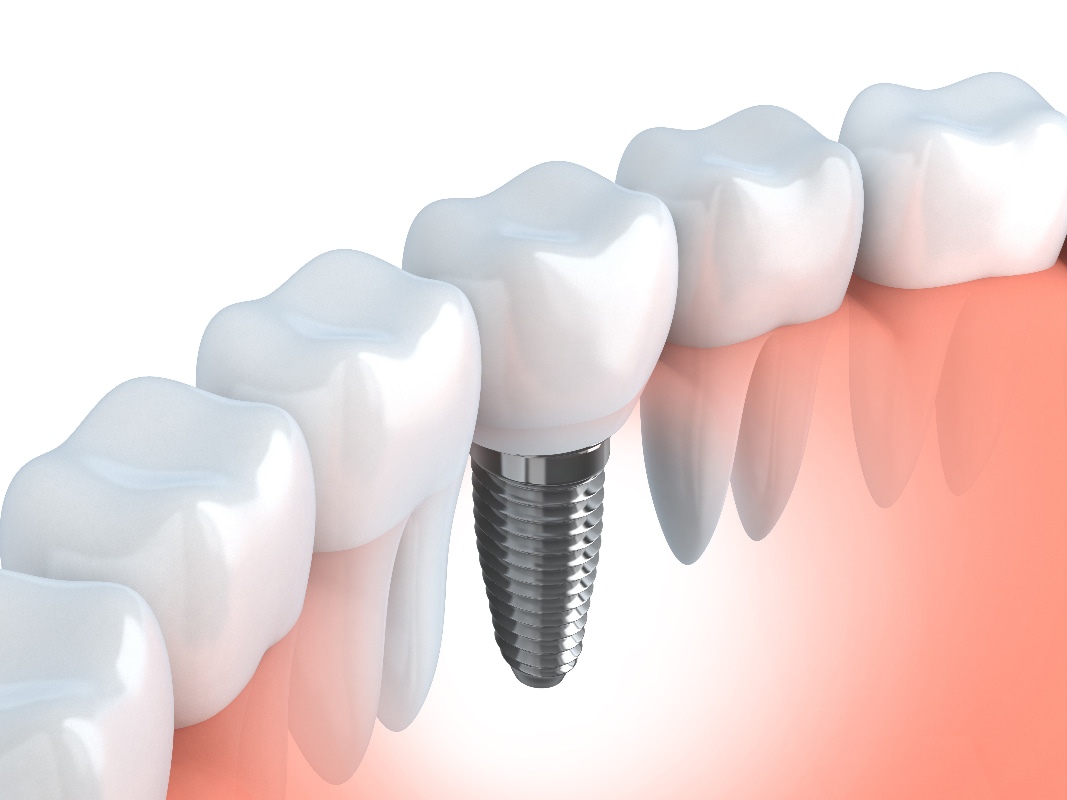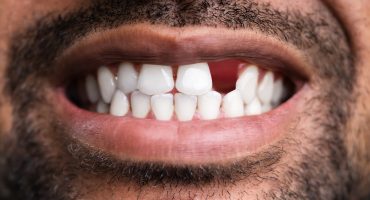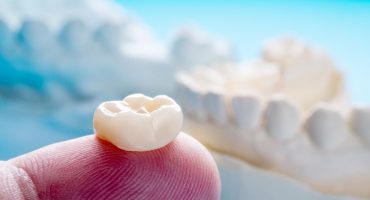Mini implants - also known as MDI (Mini Dental Implant) - promise firm hold and stability for artificial dentures. They are inexpensive, quickly used and immediately loadable. Mini implants offer an alternative to traditional dental implants for some patient groups. Clinical trials show a greater than 94 percent success in treatment within five years of mini-implant placement (2).
Overview of this article
- What are mini-implants?
- What are the differences to conventional dental implants?
- The functionality of a mini-implant
- Which patients are suitable for mini-implants?
- What is the procedure for implanting mini-implants?
- What are the advantages and disadvantages of mini implants?
- What do mini-implants cost?
- Conclusion & sources




